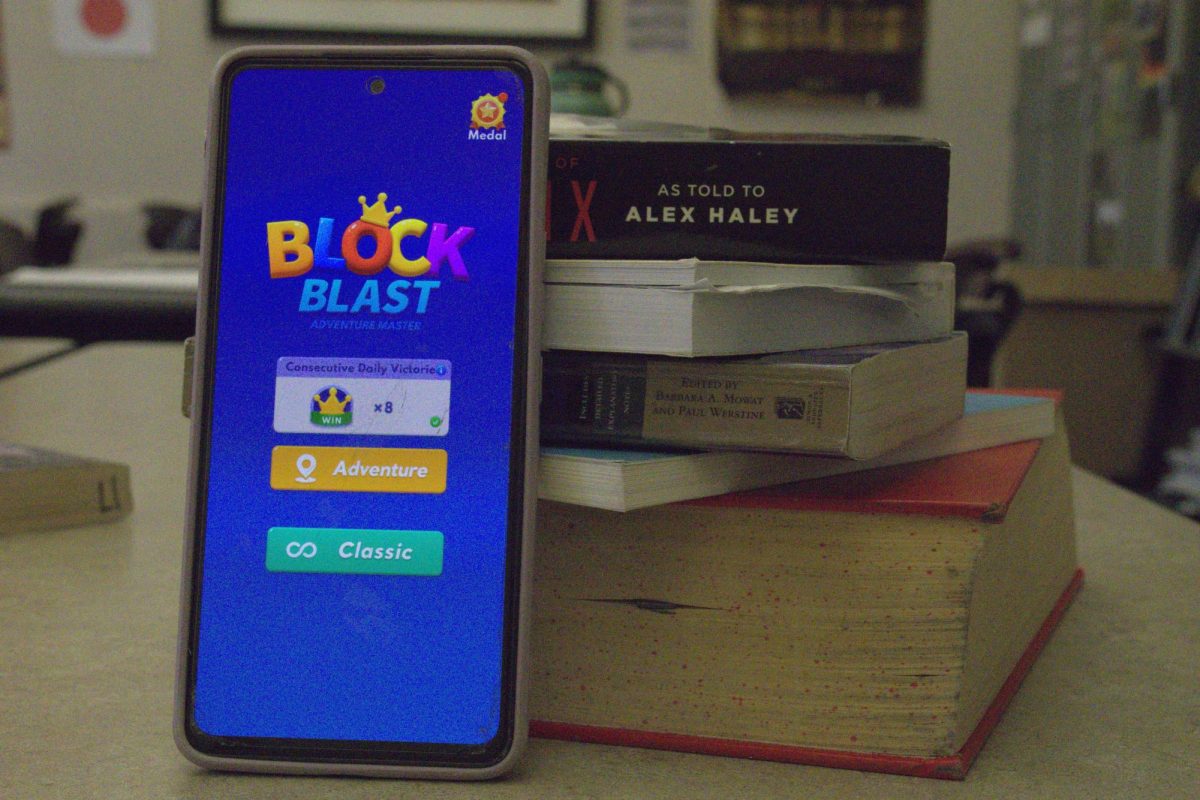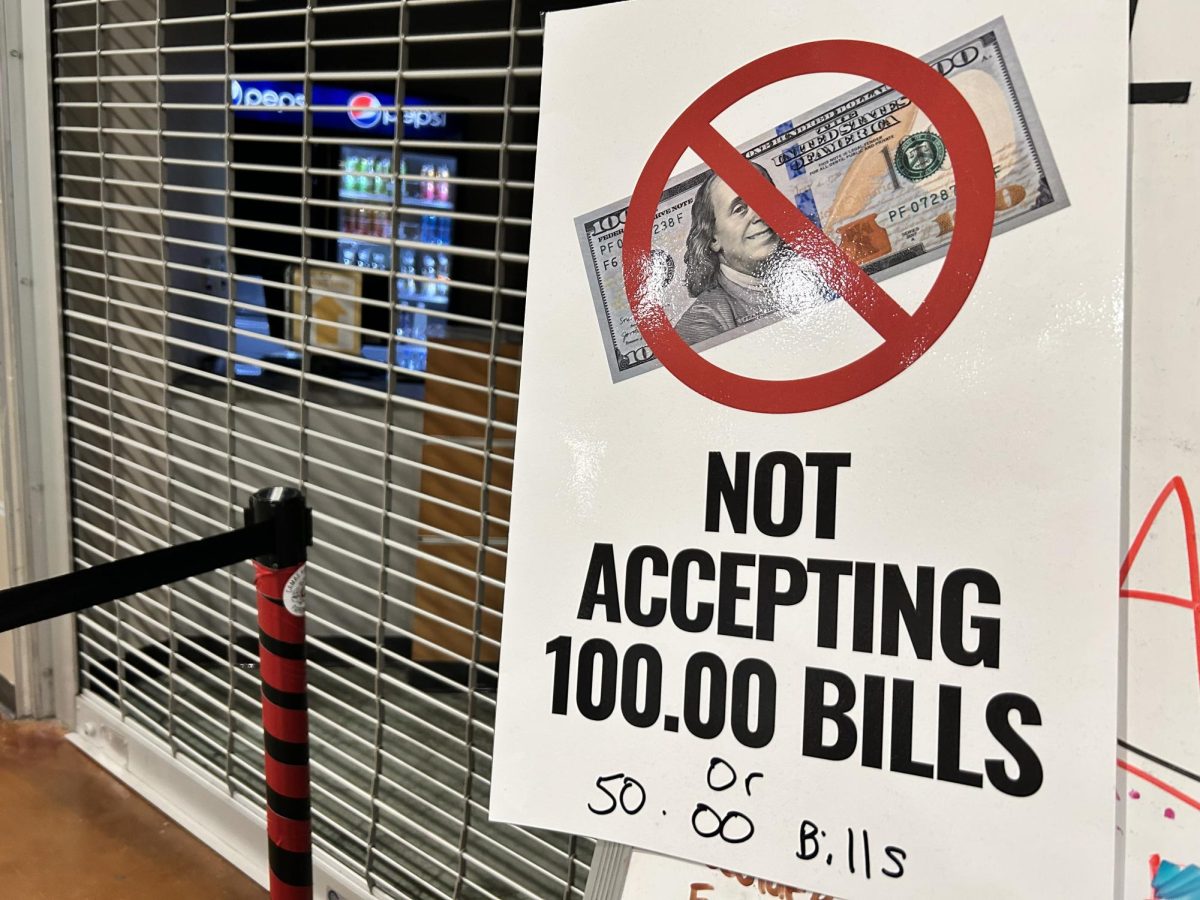Seasonal Affective Disorder (SAD) – a mood disorder characterized by depression and sadness that happens at the same time of the year (spring, summer, fall or winter). Everyone can get SAD, no matter what age a person is. Spring is the perfect time for SAD occurring, because:
1) The weather is changing. Like the weather, our emotions sometimes seem like different case of nature: unstable, lawless and fractious. Why? Scientists have proved that climate has a big effect on human physical and psychological state, as well as on mental health. Many studies have been conducted on the effects that weather has on our everyday moods.
2) Hormones. “Spring has a warm and sunshine weather,” many people say. That’s the stereotype, which appeared by fairytales, children’s books, and blooming flowers with trees. In fact, in spring (February to April), the average highest temperatures range from 46 to 54F, with April considered particularly pleasant, but cold. In summer (May to July), the averages for highest temperatures are between 64 and 68F, not so hot. And just the lack of sunlight may change brain levels of controlling mood chemicals such as melatonin. Indeed, ten percent of people with Seasonal Affective Disorder experience the SAD melancholy when the weather becomes a li ttle bit warmer.
ttle bit warmer.
3) Allergies and toxins. Not surprising that many types of allergies wake up with upcoming spring. More than 50 million Americans experience various types of allergies each year. Two common and popular types are a) Tree Pollen (trees make small pollen cells that are very light and dry. Those little specks of dust can be carried far by the spring breeze and wind; and b) mold, which works in a similar way as tree pollen and also can be carried by the wind.
But there is good news: when summer returns, weather becomes consistent and days become longer again, people with SAD experience relief from their symptoms.
How to cope with SAD and depression? Some useful tips from students:
- Music. “When I turn into a bad mood I always listen to a lot of music. Music has a big influence on our mood and emotions. Alternative genre keeps people calm and peaceful, while rock or rap genres may help community rethink something important, analyze their doings and etc”, mentioned Tim Avilov.
- “Telling my problems to someone always helps me feel better”, added Jones Waller.
- Get enough sleep. “After sleeping, my mind becomes more clear and precise. That’s why I like weekends – I have a lot of extra resting time”, mentioned Jalen Sullivan.







































